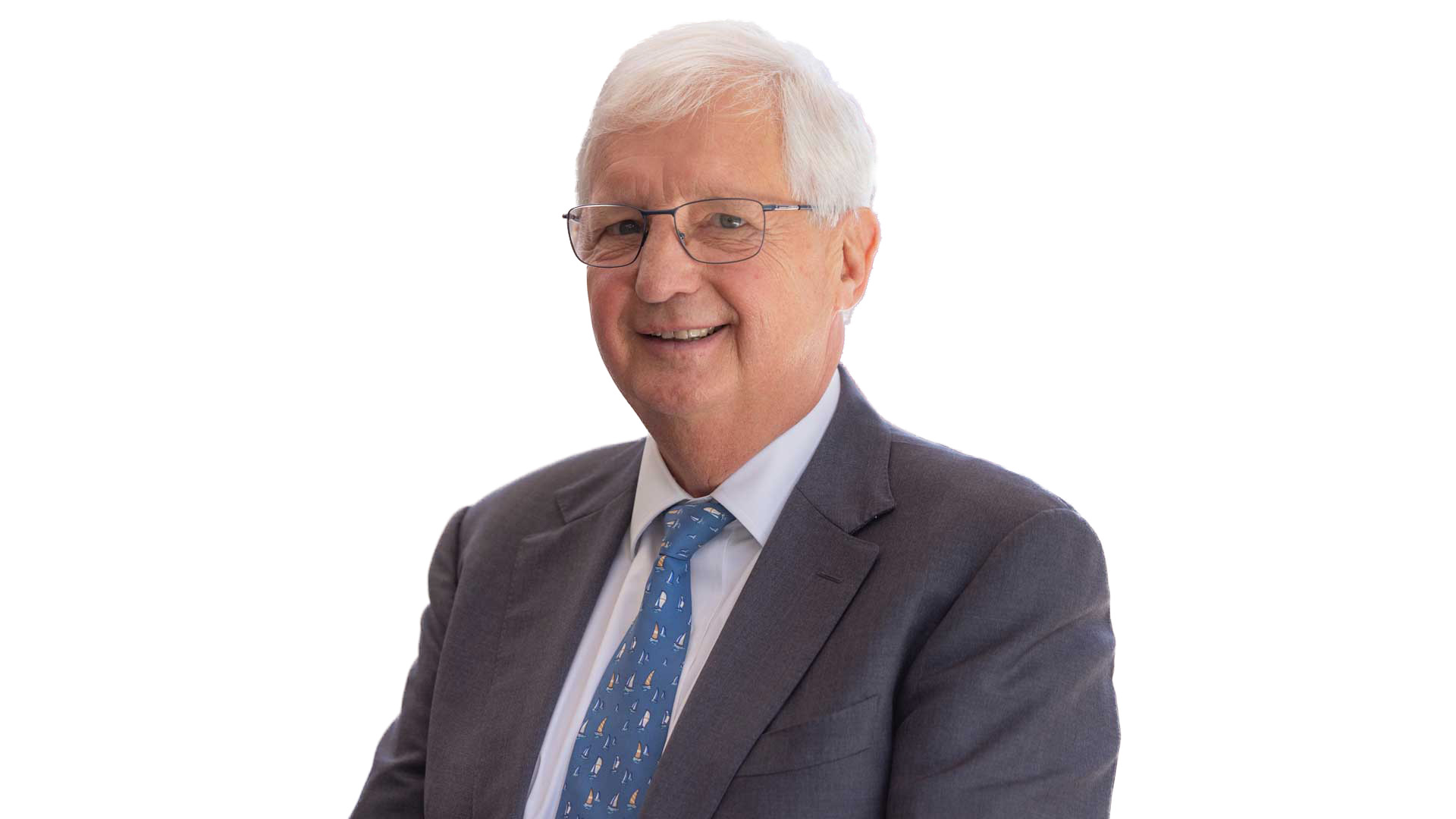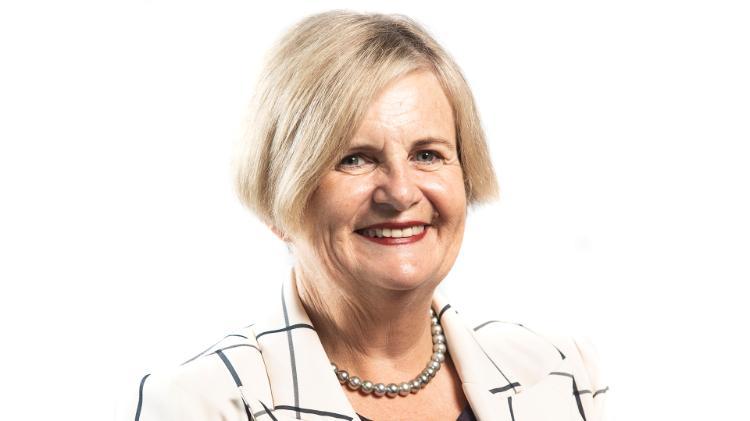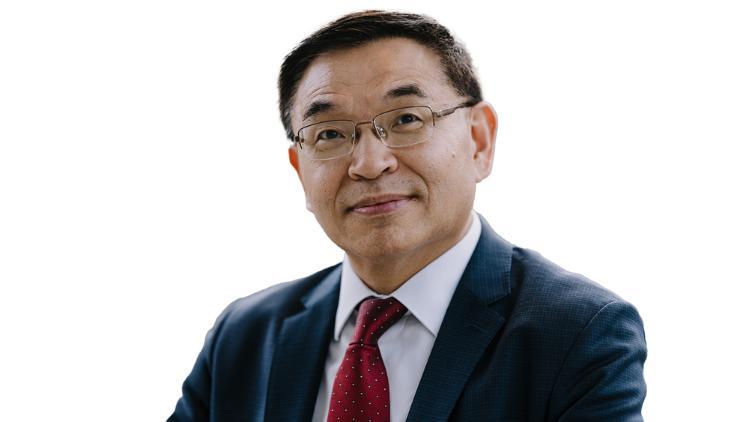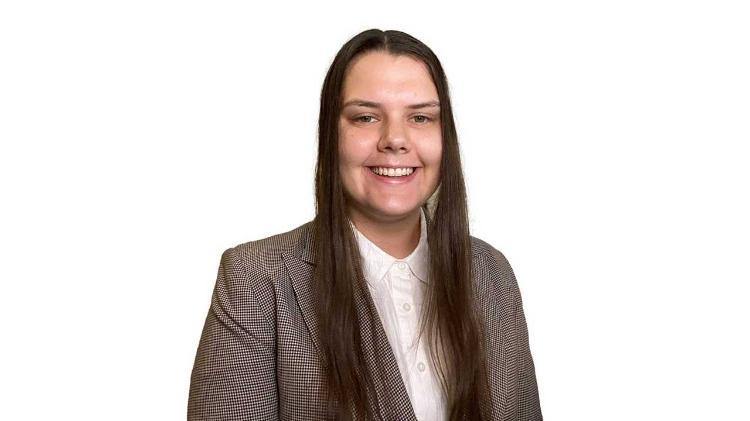Role and function
Under the University of Wollongong Act 1989, the Council is the governing authority of the University. The Council acts for and on behalf of the University and controls and manages the University's affairs and concerns.
Section 16(1) of the Act states that, in exercising the University's functions the Council may:
- provide such courses, and confer such degrees and award such diplomas and other certificates, as it thinks fit,
- appoint and terminate the appointment of academic and other staff of the University,
- borrow money within such limits, to such extent and on such conditions as to security or otherwise as the Governor on the recommendation of the Treasurer may approve,
- invest any funds belonging to or vested in the University,
- promote, establish or participate in (whether by means of debt, equity, contribution of assets or by other means) partnerships, trusts, companies and other incorporated bodies, or joint ventures (whether or not incorporated),
- establish and maintain branches and colleges of the University, within the University and elsewhere,
- make loans and grants to students, and
- impose fees, charges and fines.
Section 16A of the Act also sets out Council functions in regard to controlled entities.
At their 21 October 2024 meeting, Council amended the Statement of Primary Responsibilities (Resolution CNL-24/14-14):
University of Wollongong Council: Statement of Primary Responsibilities
Council shall undertake activities in order to satisfy its obligations under the University of Wollongong Act 1989 (NSW), the University of Wollongong By-laws 2005 (NSW) and other relevant state and federal legislation in force from time to time, including:
- select a Vice-Chancellor as the Chief Executive Officer on merit to manage the affairs of the University, within the strategic framework approved by Council;
- approve guidelines for determining remuneration of the Vice-Chancellor;
- monitor the performance of the Vice-Chancellor and approve guidelines for the evaluation of his or her performance;
- approve the mission and strategic direction of the University, set appropriate performance targets, monitor performance in achieving targets and require actions to be taken to correct any underperformance;
- monitor and oversee the financial position and performance of the University, including financial reporting and controls, in order to comply with accounting and auditing standards;
- approve budgets and review performance against budgets, in order to support financial viability and sustainability of the University;
- function as one body to use the powers conferred under section 16(1) of the University Act for the common good and in the interests of the University;
- oversee and review the management of the University and its performance;
- establish and oversee University policies, procedural principles and practices to ensure consistency with relevant legislation and community expectations, including in relation to complaints, misconduct, breaches of academic or research integrity;
- approve significant commercial activities;
- approve major decisions that have not been delegated to executive management;
- approve and monitor systems of control and accountability, including the general overview of controlled entities. A controlled entity is one that satisfies the test of control in s50AA of the Corporations Act;
- oversee and monitor the University’s risk management policies, practices and performance (including commercial undertakings, audit processes and business continuity);
- oversee and monitor the University’s compliance management policies, ongoing regulatory compliance (including with the Higher Education Standards Framework), and the identification and rectification of breaches;
- oversee and monitor the academic governance and activities of the University including in relation to conferral integrity;
- foster and support links between the University and the community and network on behalf of the University to assist in achieving organisational goals;
- oversee and monitor the University’s Indigenous education and engagement strategy, educational policies and practices to support participation by and partnership with Aboriginal and Torres Strait Islander peoples;
- oversee the development of the University’s physical environment;
- oversee appropriate occupational health and safety policies;
- manage the Council’s own affairs by:
● establishing procedures to ensure it is in a position to perform its responsibilities;
● monitoring and managing potential conflicts of interest;
● effectively monitoring and managing its own operations including proper execution by members of their fiduciary duties; and
● reviewing and assessing Council’s performance through discussion at a confidential session of Council on an annual basis.














